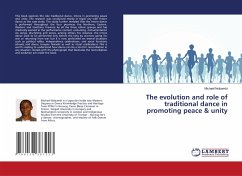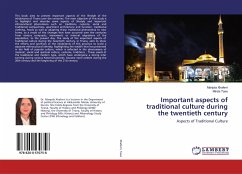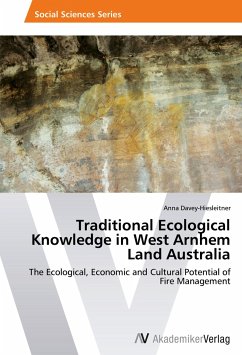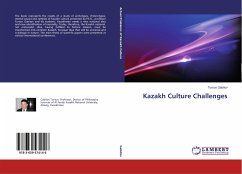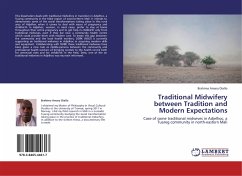
Traditional Midwifery between Tradition and Modern Expectations
Case of some traditional midwives in Adjelhoc, a Tuareg community in north-eastern Mali
Versandkostenfrei!
Versandfertig in 6-10 Tagen
32,99 €
inkl. MwSt.

PAYBACK Punkte
16 °P sammeln!
This dissertation deals with traditional midwifery in transition in Adjelhoc, a Tuareg community in the Kidal region of east-northern Mali. It intends to demonstrate some of the social transformations taking place in this rural area of Adjelhoc when it comes to deal with issues of pregnancy and childbirth. In Adjelhoc, women, in most cases, prefer to stay at home throughout their entire pregnancy and to get help in childbirth only from traditional midwives, even if they live near a community health centre which could provide them with modern care. To lessen the gap between the community and th...
This dissertation deals with traditional midwifery in transition in Adjelhoc, a Tuareg community in the Kidal region of east-northern Mali. It intends to demonstrate some of the social transformations taking place in this rural area of Adjelhoc when it comes to deal with issues of pregnancy and childbirth. In Adjelhoc, women, in most cases, prefer to stay at home throughout their entire pregnancy and to get help in childbirth only from traditional midwives, even if they live near a community health centre which could provide them with modern care. To lessen the gap between the community and the local health workers, DDRK (NGO) is currently supporting six traditional midwives in Adjelhoc in acquiring modern skills and equipment. Collaborating with DDRK these traditional midwives have been given a new task as middle-persons between the community and professional health workers of bringing women to the health centre both for antenatal visits and for childbirth. In the field, Tatta, one of the six traditional midwives in Adjelhoc was my main informant.



